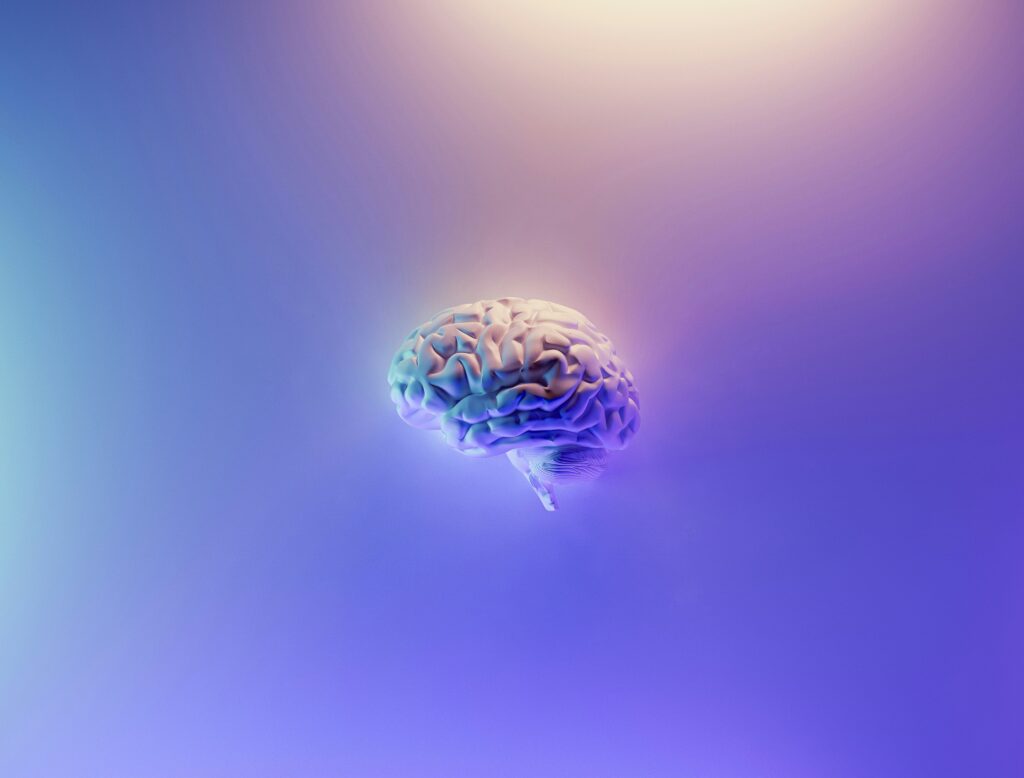
Age-related changes to your body are normal and expected. For example, loss of muscle tone, stiffness in joints, and loss of balance. With effort, some of these changes can be retarded and managed with stretching, strengthening and balance exercises. The brain is no different…it can slow down and lead to memory lapses. However, for most of us, it too can be managed and with a little effort, be kept sharp and clear.
Many experts feel that exercise is the best method to maintain not only physical health but mental health. Regular exercise can prevent the things that contribute to memory loss with age such as; diabetes, high blood pressure, high cholesterol, obesity and stroke.
Specifically, aerobic exercise may be most beneficial. Aerobic exercise is any type of sustained exercise that strengthens the heart and lungs to improve the body’s use of oxygen. This may include running/jogging, brisk walking, cycling, swimming, rowing, and the use of a treadmill, elliptical, stepper or similar device, at light to moderate intensity which requires the use of oxygen to adequately meet the oxygen demands of the body for an extended period of time. The generally accepted time and frequency is at least 30 minute sessions performed three or more times per week. Two 15 minute or three 10 minute sessions are also valuable. For those with back, hip, knee and other lower body pain, consider low-impact or partial weight-bearing activities such as a recumbent bike or stepper or upright bike instead of a treadmill.
The benefits of a healthy diet are well-documented. Specifically, a Mediterranean-style diet comes highly recommended. It focuses on plenty of fruits and vegetables with fish instead of red meat and olive oil instead of butter. Researchers found people who closely adhered to a Mediterranean diet were nearly 20% less likely to have thinking and memory problems.
Exercise your brain just as you do your body. Make time each day to challenge your brain. Learn something new to keep your mind sharp. Play cards, read a book, do crossword puzzles or other word games, take a class or learn play a musical instrument.
Human beings are social animals and in the right setting, we stimulate and challenge each other. Join a book club, fitness center, or a community center. Consider volunteering, taking an art or photography class. Social interaction can prevent isolation which can lead to depression and depression is associated with dementia.
Without adequate sleep, attention and concentration is compromised. Studies show that those who have normal restful sleep outperform those who are restless and sleep deprived. Some tips for better sleep are: avoid big meals before bed, keep a consistent sleep and wake up time, avoid nicotine, caffeine and alcohol close to bedtime. “
Consider an afternoon “power nap!” Recent studies show that an afternoon nap was rejuvenating to the mind and body. Participants improved on mental skills such as memory, calculation, orientation and attention.
Cortisol is the hormone associated with stress. Recent studies have found that elevated cortisol levels were associated with poorer overall cognitive functioning, including memory, language, and processing speed.
Try yoga, massage, breathing techniques to relax. Progressive muscle relaxation (PMR) techniques can be very effective…try it on YouTube!
Smoking is clearly one of the worst things you can do to your body AND MIND! Smoking can lead to early memory lose in part due to small strokes in the brain. Do whatever it takes to quit; nicotine replacement, medication, or counseling.
There are many medical conditions and medications associated with memory loss. Regular medical check-ups can prevent, diagnose and treat some of these conditions such as; depression, diabetes, thyroid disease, vitamin deficiencies, and drug interactions or side effects. For example, sleep aid and anxiety drugs associate with memory loss.
In addition to common tricks such as word association, sticky notes, use your smart phone for appointments and reminders. If you don’t know how to use a smart phone, it is time to learn something new…and that is a healthy brain activity!
SOURCES: WebMD; Harvard Health

EVERY MONDAY – Read Dr. Paul J. Mackarey “Health & Exercise Forum!” via Blog
EVERY SUNDAY in "The Sunday Times" - Read Dr. Paul J. Mackarey “Health & Exercise Forum!” in hard copy
This article is not intended as a substitute for medical treatment. If you have questions related to your medical condition, please contact your family physician. For further inquires related to this topic email: drpmackarey@msn.com
Paul J. Mackarey PT, DHSc, OCS is a Doctor in Health Sciences specializing in orthopedic and sports physical therapy in Scranton and Clarks Summit. Dr. Mackarey is in private practice and is an associate professor of clinical medicine at Geisinger Commonwealth School of Medicine. For all of Dr. Mackarey's articles, visit our exercise forum!
